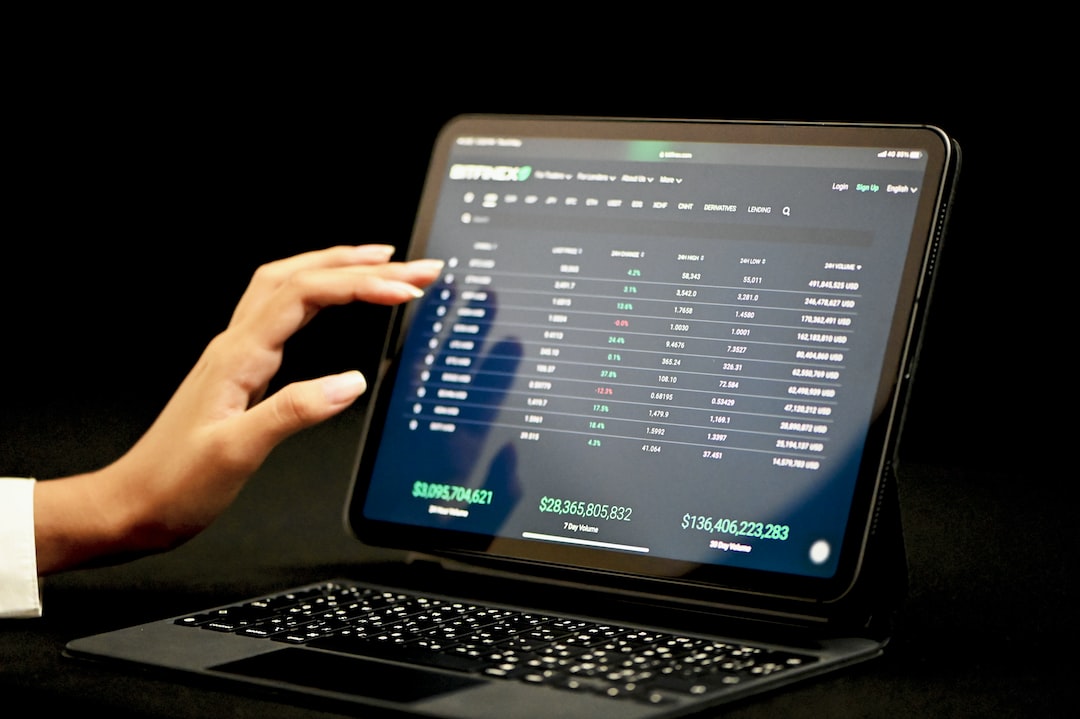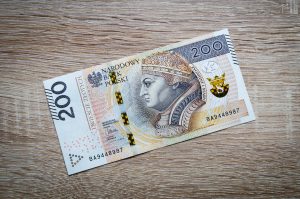The foreign exchange market, also known as the forex market, is the largest and most liquid financial market in the world. It operates 24 hours a day, five days a week, and is responsible for trillions of dollars in daily trading volume. Despite its size and liquidity, the forex market is notoriously volatile. In this article, we will explore the reasons behind the volatility of the forex market.
1. High Liquidity
One of the primary reasons for the volatility of the forex market is its high liquidity. The forex market is the most liquid market in the world, with trading volumes exceeding $5 trillion per day. This high level of liquidity means that prices can change rapidly in response to new information or events. As a result, even small changes in supply and demand can cause significant price movements.
2. Global Economic Factors
The forex market is influenced by a wide range of global economic factors, including inflation, interest rates, and economic growth. These factors can have a significant impact on currency values, making the forex market more volatile than other financial markets. For example, if a country’s central bank raises interest rates to combat inflation, its currency may strengthen against other currencies. Conversely, if a country experiences a recession or lower economic growth, its currency may weaken.
3. Political Instability
Political instability is another major factor that contributes to the volatility of the forex market. Political events such as elections, geopolitical tensions, and policy changes can have a significant impact on currency values. For example, if a country experiences a change in government, its currency may fluctuate as investors assess the new government’s policies and their potential impact on the economy.
4. Speculation and Trading
The forex market is heavily influenced by speculation and trading. Traders and investors are constantly buying and selling currencies based on their expectations of future price movements. This can lead to rapid price fluctuations, even in the absence of any significant economic or political events. Additionally, the use of leverage in forex trading can amplify price movements and make the market even more volatile.
5. Timezones
The forex market operates 24 hours a day, five days a week, and is traded across different time zones. This means that trading activity is constantly taking place somewhere in the world, and news and events can impact currency values at any time. For example, if a major economic report is released after trading hours in one part of the world, it can cause significant price movements when trading resumes in other parts of the world.
Conclusion
In conclusion, the forex market is volatile due to a combination of factors, including its high liquidity, global economic factors, political instability, speculation and trading, and time zone differences. While this volatility can create opportunities for traders, it also carries significant risks. Understanding the factors that contribute to forex market volatility is essential for anyone looking to trade currencies or invest in forex markets.






